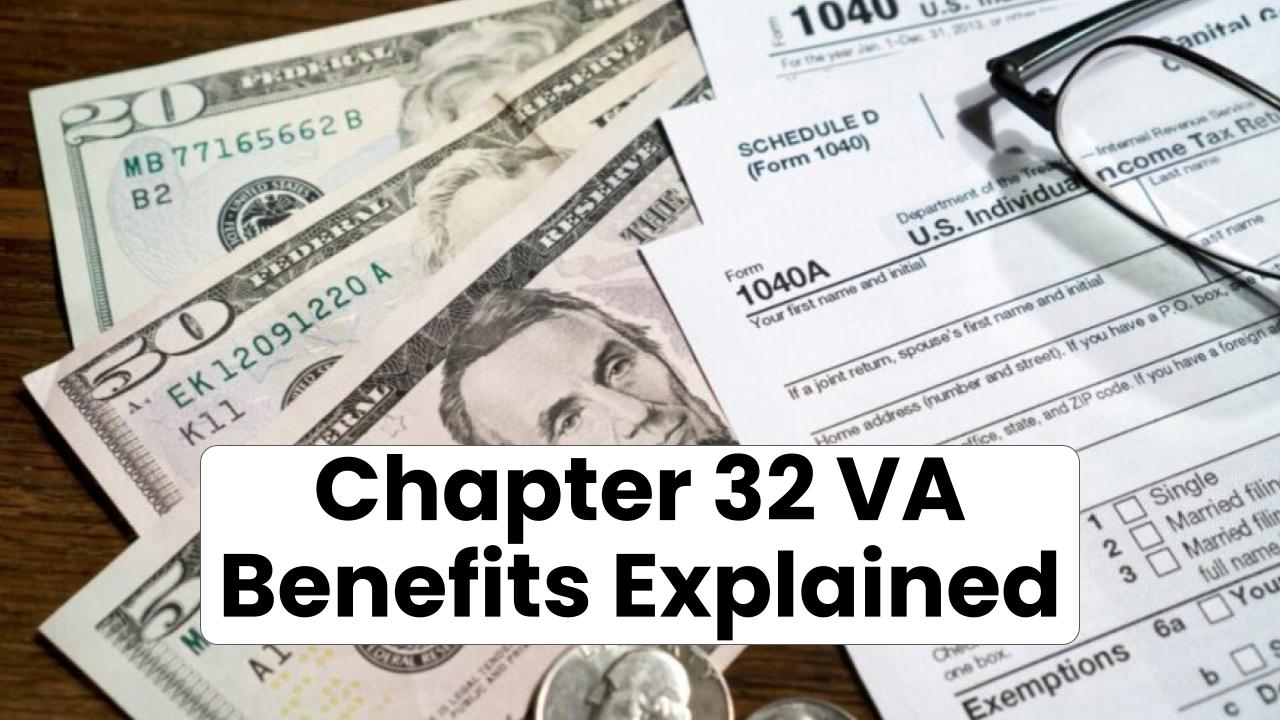In 2025, the UK government will introduce a significant rise in the National Minimum Wage (NMW) and National Living Wage (NLW), affecting millions of workers and businesses. For many employees, this means a well-deserved pay boost, while employers face the challenge of adjusting to new financial realities.

UK Minimum Wage to Rise in 2025
| Topic | Details |
|---|---|
| Effective Date | April 1, 2025 |
| National Living Wage (NLW) | £12.21 (for workers aged 21 and above) |
| Increase | 6.7% increase in the NLW for workers aged 21+ |
| 18-20 Year Olds | £10.00 per hour (up from £8.60) |
| 16-17 Year Olds & Apprentices | £7.55 per hour (up from £6.40) |
| Accommodation Offset | £10.66 per day (up from £10.00) |
The 2025 increase in the UK’s National Minimum Wage and National Living Wage is an important change that will have significant impacts on both workers and employers. Workers can look forward to increased pay, helping to keep up with the rising cost of living. On the other hand, employers will need to adjust their budgets, payroll systems, and pricing strategies to accommodate the new rates.
For workers, this is a moment to celebrate better wages, while employers must stay proactive in ensuring compliance and managing the added financial burden. The key to success will be careful planning, clear communication, and continuous monitoring. After all, these changes represent an opportunity for businesses and employees alike to thrive in a more equitable environment.
Why Should You Care?
These wage changes are crucial for both workers and employers in the UK. For employees, it’s a chance to see some extra cash in their paychecks, helping to offset rising living costs. For employers, this means recalculating salaries and adjusting budgets to stay compliant with the new laws. But before you start making adjustments or celebrating a raise, let’s dig into the details to see exactly what these changes mean.
What Are the Changes in 2025?
The UK’s National Minimum Wage and National Living Wage will see substantial increases in April 2025. Here’s a look at what’s changing:
National Living Wage (NLW)
For workers aged 21 and above, the National Living Wage will rise to £12.21 an hour, up from £11.44. This represents a 6.7% increase, which might not seem like much on paper, but it’s an important move to help workers keep up with inflation and the rising cost of living.
National Minimum Wage (NMW)
For younger workers and apprentices, the NMW will also see an increase:
- 18-20-year-olds will earn £10.00 per hour, up from £8.60 (a 16.3% rise).
- 16-17-year-olds and apprentices will see a jump to £7.55 per hour, up from £6.40 (an 18.0% increase).
Accommodation Offset
If an employer provides accommodation to employees, the rate for the accommodation offset will increase to £10.66 per day, up from £10.00.
These changes come as part of the government’s effort to ensure that wages better reflect the cost of living, especially for younger and lower-paid workers.
Why Is This Important?
For Workers:
- Bigger Paychecks: If you’re making the minimum wage, your paycheck is about to get a nice bump. For full-time workers, this could mean a raise of several hundred pounds a year, depending on your age and status.
- Improved Standard of Living: With inflation and living costs constantly on the rise, these pay increases can make a huge difference in workers’ day-to-day lives. The goal is to reduce poverty and improve the financial situation for those who need it most.
- Positive Impact on Young Workers: Many teenagers and young adults working part-time or in entry-level positions will benefit from the increases, helping them manage personal finances more effectively.
For Employers:
- Higher Payroll Costs: For businesses, this means more money going toward wages. Companies will need to adjust their budgets and possibly rethink staffing and pricing strategies.
- Compliance is Key: Employers need to ensure that they are paying their employees according to the updated rates, or they could face fines and penalties.
- Increased National Insurance Contributions (NICs): From April 2025, employer NICs will increase from 13.8% to 15%, and the threshold for NICs will drop from £9,100 to £5,000. This will further raise the overall cost of employing people at the new rates.
Impact on Workers: What Will the Increase Mean for You?
If you’re working at or near the minimum wage, this rise is a welcome change. Here’s how it breaks down for a few common scenarios:
- For a full-time worker (35 hours/week) earning the NLW (aged 21+):
You will see an annual increase of around £1,400 after the pay rise. Not too shabby! - For an 18-20-year-old:
This age group will see their pay increase by £2,500 annually if they work full-time at the new rate. - For a 16-17-year-old or apprentice:
The boost here is £1,200 annually for full-time workers, which is a significant improvement for those just starting out in the workforce.
While these increases are helpful, workers should keep in mind that other financial factors—such as tax changes, benefits tapering, and rising living expenses—can impact how much more disposable income you actually have. It’s essential to budget accordingly and take advantage of any financial advice or tools available to help make the most of the extra income.
Impact on Employers: How to Prepare for the Wage Increase
Employers, especially those in labor-intensive industries like retail, hospitality, and manufacturing, will feel the financial pressure of the minimum wage increases. Here’s what you can do to prepare:
1. Update Payroll Systems
Make sure your payroll systems are up to date and will reflect the new wage rates starting in April 2025. Any mistakes here could lead to fines and employee dissatisfaction. You can consult with Acas or your payroll provider for advice.
2. Communicate with Employees
Be transparent with your staff about the upcoming changes. Let them know when the new wages will take effect and how it will impact their paychecks. Clear communication will build trust and keep morale high.
3. Review Your Budget
Adjust your business budget to account for the increased wages and National Insurance Contributions. It may also be wise to review pricing strategies if you’re in a customer-facing industry.
4. Monitor Compliance
Regularly check that all employees are being paid correctly according to the new wage rates. Consider setting up regular audits of your payroll practices to avoid any non-compliance issues.
5. Explore Employee Benefits
In addition to wage increases, employers may want to offer additional benefits like flexible working arrangements or bonuses to help keep employees motivated and happy.
FAQs
How will the minimum wage increase affect my business?
The rise in the minimum wage will increase payroll costs, especially for businesses that rely heavily on low-paid workers. You may also see higher National Insurance Contributions. It’s important to update your payroll systems and adjust your budget accordingly.
When will the new minimum wage take effect?
The new rates will go into effect on April 1, 2025. Employers must start paying the updated rates from that date.
How much more will I earn with the new minimum wage?
If you’re a full-time worker earning the National Living Wage, your annual salary could increase by up to £1,400, depending on your current pay rate.
Are all employees affected by the minimum wage increase?
Yes, the minimum wage increase affects all workers who fall under the National Minimum Wage and National Living Wage categories, including younger workers, apprentices, and those who receive accommodation.








